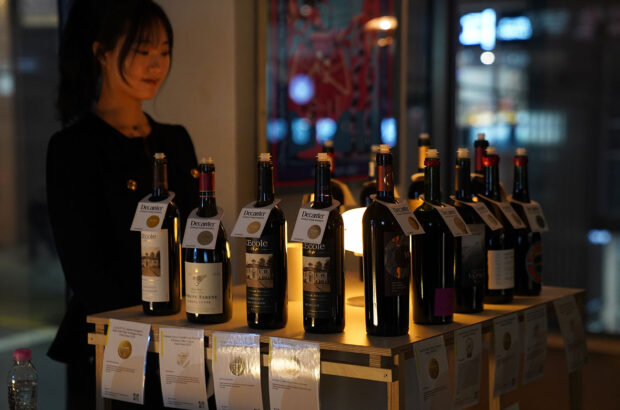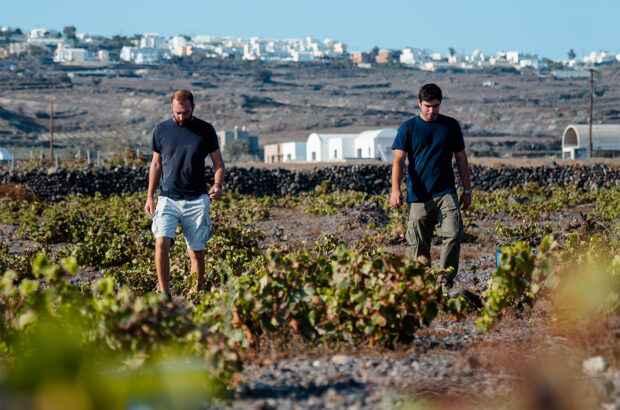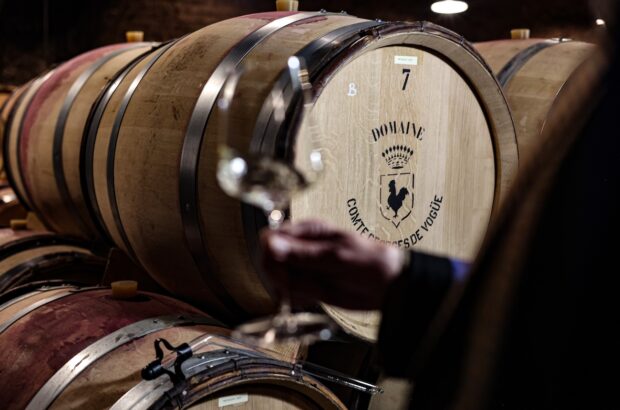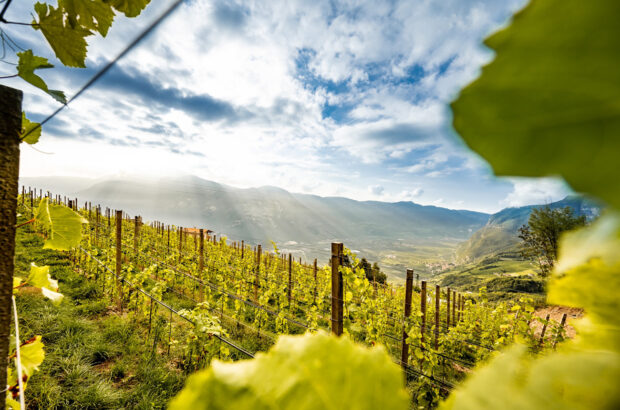Sweetness codes could be a feature of every bottle of Alsace wine if the new president of the Alsace trade council has his way.
Rémy Gresser, a biodynamic producer who farms 11ha (hectares) in Andlau, who is now president of the Conseil Interprofessionnel des Vins d’Alsace (CIVA), already uses a sweetness code for his own wines.
He told decanter.com the labelling system for the region is ‘incomplete’ at present, and that he plans to introduce a code to indicate a wine’s sweetness on a one-to-five scale.
Once this is established, he will invite producers to use the terms sec, demi-sec, moelleux and liquoreux on their labels, too.
He said: ‘LabeIs represent a fantastic opportunity to communicate with consumers and it is a pity not to make better use of this platform.’
Although Alsace producers have traditionally been allowed to mention the grape variety on the front label of their AOC wines, consumers are often unaware of their sweetness level – and in Alsace, this can vary significantly.
Gresser added, ‘Most industries take full advantage of their packaging. It’s all about making the wines accessible.
‘The industry needs to come to an agreement on a common system adopted by every producer. Admittedly, the system is not an absolute science, but it does give an indication of style.’
Some well-known Alsace estates have opposed sweetness codes in the past, claiming that the sweetness in their wines changes over time, thus rendering such codes useless.
But Gresser countered this: ‘The vast majority of consumers buy wine for immediate consumption, so I really don’t see this as an issue.’
Written by Stuart Peskett






